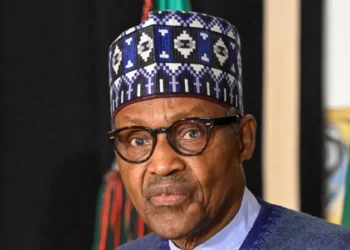The Chinese government said that leaders of about 130 countries drawn from Africa and South America, including countries in emerging markets, are expected to gather in China for the 10th anniversary of its Belt and Road Initiative (BRI).
Earlier on Monday, three African leaders—the vice president of Nigeria, Kashim Shettima, the Congo’s Denis Sassou N’guesso, and Ethiopia’s Abiy Ahmed—arrived in Beijing.
Later that day, many world leaders, including Cambodian Prime Minister Hun Manet, Sri Lankan President Ranil Wickremesinghe, and Papua New Guinean Prime Minister James Marape, arrived in Beijing ahead of the forum.
According to the Chinese government, Chilean President Gabriel Boric and Hungarian Prime Minister Viktor Orbán, as well as other world leaders, are expected on or before Tuesday.
The BRI summit, which is the third Belt and Road Forum for international cooperation, is scheduled to begin on October 17th.
Ten years ago, under Xi Jinping, China’s BRI was launched as a global infrastructure development strategy. It was adopted by the Chinese government in 2013, with the task of investing in over 150 countries and also in international organizations across the globe.
The BRI provides a superintended infrastructural boost, such as air and sea ports, highways, rail lines, inner town roads, and energy plants around the world. This is to help countries narrow the infrastructural gap, thereby raising standards of living and boosting trade and economic growth.
Despite its initial successes, observers argue that the 2020 pandemic has slowed its progression. Beijing has been struggling with its domestic economy in recent times, and that is expected to affect its foreign policy thrust.
The BRI, also known as the “One Belt, One Road” initiative, will begin with a two-day main event. The main event will be attended by world leaders as well as leading international organizations.









